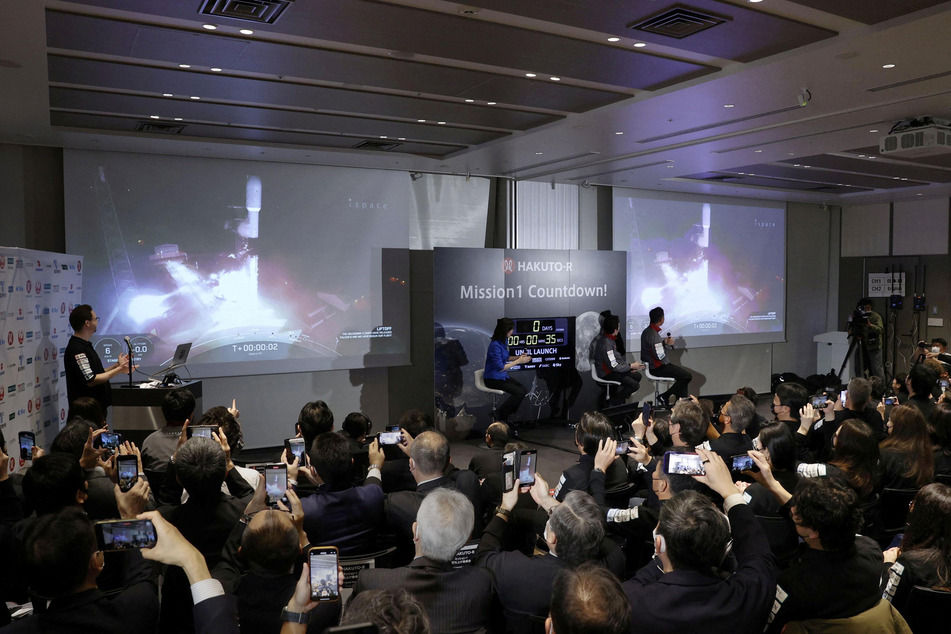SpaceX rocket blasts off with Japan's ispace mission to moon
Cape Canaveral, Florida - A commercial mission to put a lander on the moon launched from the Cape Canaveral Space Station in Florida on Sunday carrying the Hakuto-R lander of Japanese company ispace.

A Falcon-9 rocket made by US aerospace company SpaceX lifted the lander into orbit around the Earth in the early hours of Sunday.
The Hakuto-R is scheduled to make a soft landing on the lunar surface only at the end of April as a result of the course taken, which will make use of the gravitational fields of the Earth and the sun so as to conserve fuel. If successful, it would be the first private craft to land on the moon.
But competitors in the United States are currently planning to launch missions to the moon that will take a more direct route and could thus beat the ispace mission to the lunar surface.
The moon lander weighed around 2,200 pounds on launch and measures 7.5 feet in height and 8.5 feet in width once its legs have been folded out. The weight will come down to 750 pounds on landing, as much of it is due to the fuel carried.
The lander can carry a load of some 66 pounds. The load includes a small rover from the United Arab Emirates and an even smaller two-wheeled robot from the Japanese space agency Jaxa. It is scheduled to deploy the rovers in the Atlas Crater.
Japan's Hakuto mission says it aims to increase sustainability
Hakuto means "white hare" in Japanese and refers to a mythical animal that lives on the moon, while R is short for "reboot."
Japan's ispace describes itself as aiming to expand humanity's "living sphere and create a sustainable world."
It plans to map lunar resources to accelerate space development, noting on its website that the moon's water in particular can be broken down into hydrogen and oxygen so as to provide fuel.
An Israeli private mission to the moon failed shortly before touchdown in 2019. An engine failed, communication was lost, and the lander crashed into the surface.
Cover photo: REUTERS
